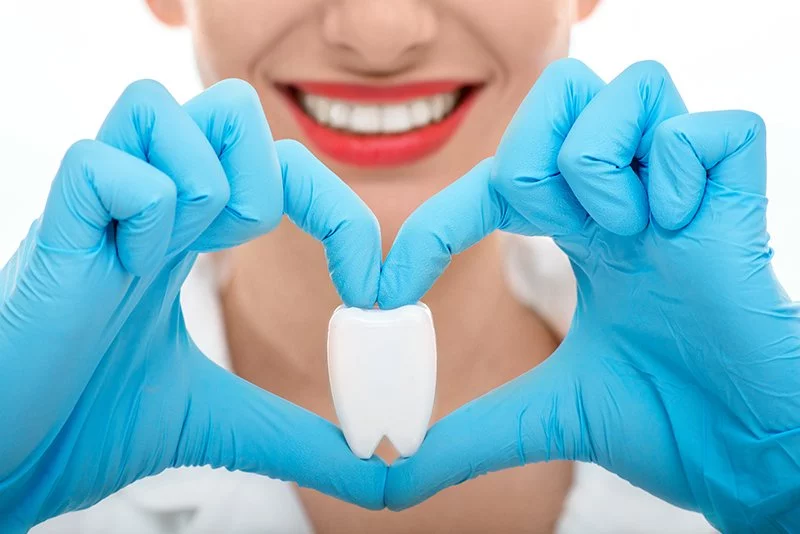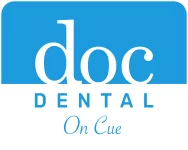The Link Between Gum Disease & Heart Disease

Recent studies have revealed that there is a strong correlation between gum disease and cardiovascular disease. Gum disease, which is referred to by dentists as periodontitis, is when the space between your teeth and gums becomes infected, creating pockets of bacterial infection that leads to swollen, bloody gums, bone loss, and eventual tooth loss. Cardiovascular disease affects your heart and blood vessels and can lead to heart attacks and strokes.
The same bacteria that accumulate in the pockets of your gums due to periodontitis can enter your bloodstream and end up in your heart (as well as throughout your body), which can cause inflammation that leads to cardiovascular problems (source). One bacteria in particular, called Streptococcus sanguis, can appear in gum disease infections and has been linked to strokes.
The link between the two diseases may also be inflammation. People with either disease have more inflammation in their bodies, and there is some evidence that the inflammation caused by gum disease can be a contributing factor in higher risk for heart disease and stroke.
The correlation between gum disease may also have to do with lifestyle choices and other health problems. For example, those with diabetes are more prone to gum disease. Many patients who are not taking care of their teeth may not be taking care of themselves in other ways, such as not eating right and not exercising, which can also contribute to heart disease.
While the evidence of a correlation between the two diseases continues to mount, there is still no evidence of causation. In other words, we have no reason to think that gum disease can cause heart disease in someone who would otherwise not have been at risk. That being said, the possibility remains that gum disease could make cardiovascular disease worse.
One thing we do know for sure is having poor oral health makes it hard for you to stay healthy overall. People with advanced gum disease will often start to lose their teeth or need tooth extraction. Tooth loss and the discomfort associated with it make it hard for people to eat the nutritious foods they need to keep their bodies healthy. The best way to prevent gum disease is to take good care of your teeth and gums by brushing twice a day for at least two minutes, flossing daily, eating well and seeing your dentist regularly for professional cleanings and checkups.
